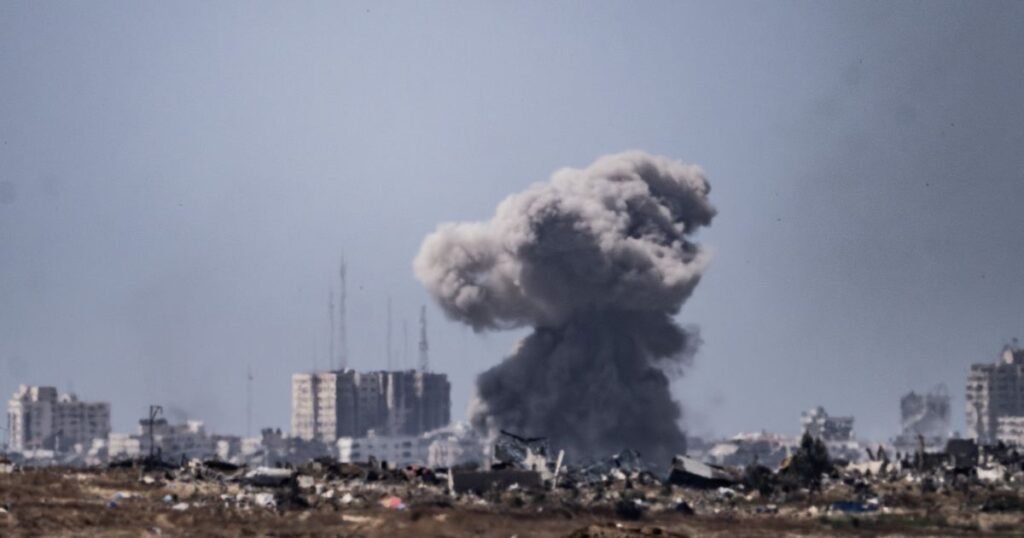Israeli forces have advanced further into Gaza’s southern city of Rafah, engaging in battles with Hamas in the north. Rafah is the last stronghold of Hamas and serves as the last refuge for over a million civilians in Gaza. Despite evacuation orders from Israel, around 300,000 Palestinians have fled the city. Neighboring Egypt has strongly opposed the offensive in Rafah, intending to join South Africa’s case at the International Court of Justice accusing Israel of committing genocide in Gaza. The United Nations human rights chief and U.S. Secretary of State have also expressed opposition to a major military assault on Rafah.
Gaza has been left without a functioning government, leading to a breakdown in public order and allowing Hamas to reconstitute its armed wing. Israel has not provided a detailed plan for postwar governance in Gaza, stating only that it will maintain security control. Talks over a cease-fire and hostage release have stalled. Prime Minister Benjamin Netanyahu has vowed to continue fighting for victory in memory of those killed in the war. He has rejected postwar governance plans proposed by the U.S. for the Palestinian Authority to govern Gaza with support from other countries, as it depends on progress toward the creation of a Palestinian state.
The Oct. 7 attack in Gaza led to the deaths of around 1,200 people, mostly civilians, and the taking of 250 hostages. Militants still hold about 100 captives and the remains of more than 30. Israel’s offensive has resulted in the deaths of over 35,000 Palestinians, with the majority being women and children. The Health Ministry in Gaza does not differentiate between civilians and combatants in its figures. Israel claims to have killed over 13,000 militants but has not provided evidence to support this claim.
Recent heavy Israeli bombardment has been reported in the Jabaliya refugee camp and other areas in northern Gaza. Residents described intense bombing throughout the night, with Palestinian Civil Defense responders unable to reach calls for help. Israeli forces have also been operating in northern towns such as Beit Lahiya and Beit Hanoun. Despite these actions, columnist Ben Caspit highlights the need for an alternative regime to govern Gaza after the war, emphasizing the support and help that Gazans would require from the outside.
The U.N. agency for Palestinian refugees has reported that 300,000 people have fled Rafah since the operation began. Most are relocating to nearby cities with thousands being urged to move to safe areas due to ongoing conflict. The main aid entry points near Rafah have been affected, with Israeli troops capturing the city’s side of the Rafah crossing, causing it to close. Egypt has refused to coordinate with Israel on aid delivery due to concerns over the escalation of the offensive. U.S. President Joe Biden has stated that he will not provide offensive weapons to Israel for their operation in Rafah, citing concerns over potential breaches of international law.
In the Israeli-occupied West Bank, deadly violence has increased since the war began, with a man being shot dead by Israeli forces in the Balata refugee camp in Nablus. The army stated that they responded with live fire after being shot at by militants in the camp. Overall, the situation in Gaza remains precarious, with ongoing conflict, humanitarian concerns, and diplomatic tensions between various stakeholders.

